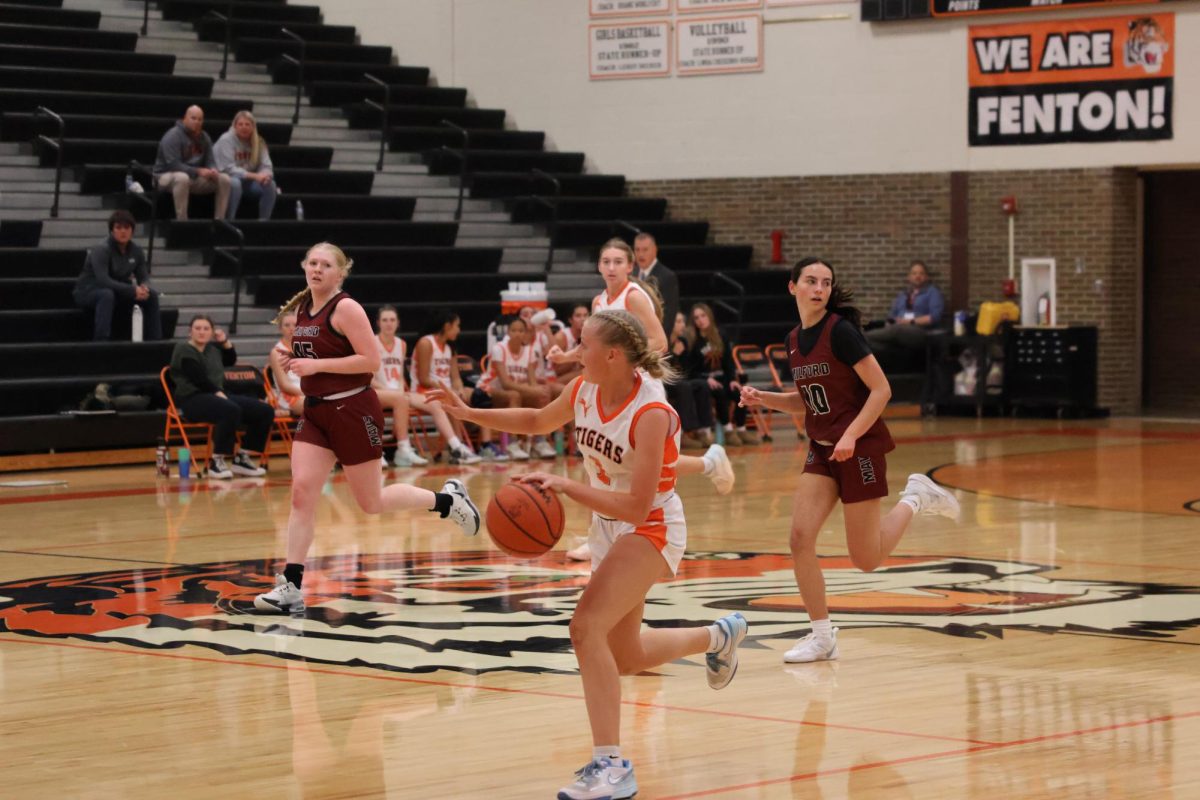‘Charlie and the Chocolate Factory’ revamped, set in the 1930s
October 9, 2014
The story of Charlie and the Chocolate Factory is one widely known. A poor boy gets the once-in-a-lifetime opportunity to tour the legendary chocolate factory of Willy Wonka. While at the same time, encountering strange oddities like a hot cocoa river, chewing-gum meals, miniature squirrels and candy sent via television.
“We have not done Charlie and the Chocolate factory yet,” theatre teacher Lori Thompson said, “But we have done other works by Roald Dahl, such as James and the Giant Peach. His works provide a great opportunity for color and creativity on the stage.”
However, in the performance of this classic story, a memorable tale will be shown with a new twist: The 1930s. That means prohibition, the Great Depression and above all, gangsters.
“It’s like when I directed Romeo and Juliet or Twelfth Night,” Thompson said, “We took something well known and made it original and fun. We didn’t want it to look like the movie, so we set it during the Depression so that it makes sense why everyone is so desperate for this and why everyone thinks they deserve something. We also thought it would be a good play to help showcase the many talents we have here at Fenton High School.”
One of the many talents are provided by sophomore Trent Eaton.
“I play Mike Teavee,” Eaton said, “He’s this 12 year old, obnoxious kid and all he does is watch television. He watches stuff about gangsters mostly, so he really looks up to them and I think he’s going to freak out and be really excited when he sees the Oompa Loompas.”
Besides the cast of colorful characters, one of the most memorable parts of Charlie and the Chocolate Factory that is being changed in an, ironically, big way are the small Oompa Loompas.
“I play an Oompa Loompa,” sophomore Jenna Mazurek said, “I’m the ‘tell-it-like-it-is’ Oompa Loompa, so I don’t ‘sugar-coat’ things. To coordinate the gangster theme, I’m going to be researching different people from the 1930s to get a feel for the way they talk and how they act and just get to know what the 30s were about. We are also spending a lot of time on dances to try to bring out that feeling.”
Charlie and the Chocolate Factory will premiere November 6 and end November 8. See video coverage titled Children’s Play: Charlie and the Chocolate Factory under Arts & Entertainment.







